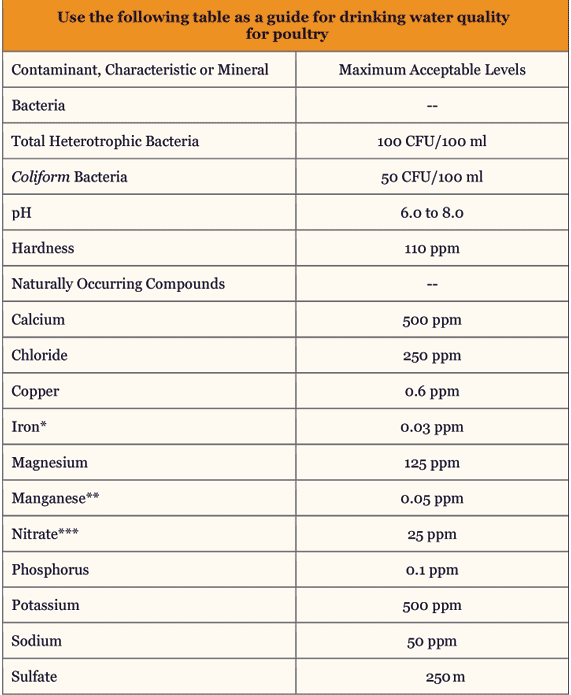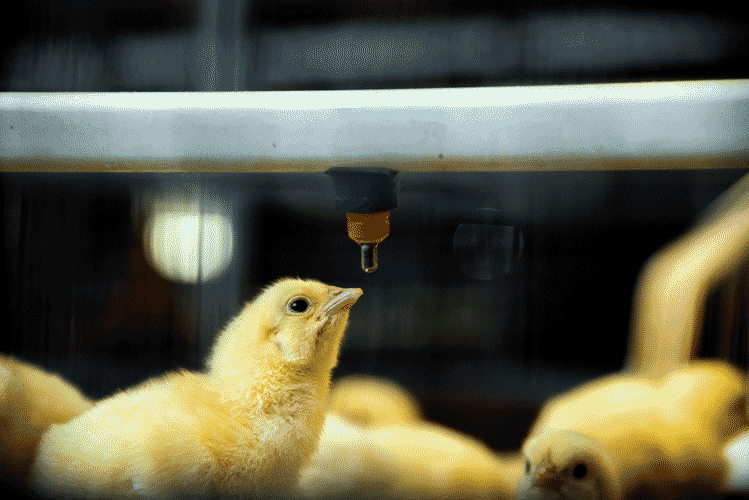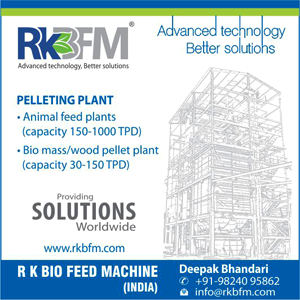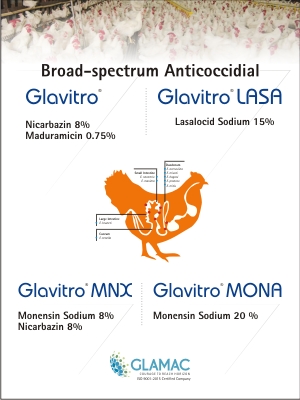Water for poultry must be regarded as an essential nutrient
Water is one of the most essential nutrients for poultry, Water is a critical, but often overlooked nutrient. Animals can survive longer without food than they can without water. Water is involved in every aspect of animal metabolism.

Water plays an important role in regulating body temperature, digesting food, and eliminating wastes. Accounting for up to 70% of their body weight. Adequate access to clean, fresh water is crucial for maintaining the health, welfare, and productivity of poultry. In this article, we’ll explore the water requirements of poultry and the factors that affect their water consumption.
Water is a critical nutrient that receives little attention until a problem arises.
Other words, it is the cheapest nutrient for poultry having very expensive implications if not handled properly.
Apart from its nutritive aspect, it is also used to reduce air temperature by way of evaporative cooling and fogging during summer season and to clean and sanitize the facility.
Water Requirements of Poultry
Poultry require a consistent and sufficient supply of water to meet their physiological needs, such as hydration, thermoregulation, digestion, and waste excretion. The water intake of poultry can vary depending on several factors, including their age, breed, sex, size, feed intake, environmental conditions, and production stage.
The physical, chemical, and microbiological quality of water is of fundamental importance for poultry. Unless the quality of supplied drinking water to poultry is guaranteed, achieving the growth and feed efficiency potential provided by intensive genetic selection, ideal grow-out environments and optimal nutrition program becomes a challenge.
Birds can survive for weeks without feed, but they can only survive for days without water.
Starved birds may lose all their fat, about half of their protein, and about 40% of their body weight and still survive, but a 10% to 20% loss of their body water will result in death.
Thus birds can survive much longer without feed than without water. Maintaining drinking water quality for poultry is the most important activity as birds consume water at twice the level of feed, but it is one of the most ignored nutrients by the farmers. The drinking water plays an important role in the transmission of most common bacterial, viral, and protozoan diseases.
Chicks require more water per unit of body weight than adult birds, as they have a higher metabolic rate and a lower ability to conserve water. Broilers and layers have different water requirements due to their different growth rates and production stages. For example, broilers may consume up to twice as much water as layers during the starter phase, while layers may consume more water during the egg-laying phase.
1. Feed intake: Poultry birds may increase their water intake in response to increased feed intake, as water is essential for digestion and nutrient absorption.
2. Environmental conditions: Poultry birds may increase their water intake in hot and humid conditions to regulate their body temperature through evaporative cooling. Any water temperature below the body temperature of the bird will be beneficial during heat stress conditions. The water consumed will help to dissipate body heat.
3. Water quality: Poultry birds may decrease their water intake if the water is contaminated or contains high levels of minerals or contaminants, such as chlorine, ammonia, bacterial, viral contaminations. Several factors influence water quality, including the colour, taste, and odour of water, as well as the presence of bacteria or other microbes, the levels of minerals, and other chemical and physical factors. Poor water quality can retard growth, reduce egg production, or produce lower egg quality.
4. Water accessibility: Poultry birds may decrease their water intake if they have limited access to water or if the water system is dirty, empty, or malfunctioning.
5. Production stage: Poultry may increase their water intake during certain production stages, such as egg-laying, to meet their physiological needs. Improves H.H eggs by decreasing soft shelled eggs plus broken eggs% (Less porosity)
From the physiological perspective, water consumed by the bird is used for,
- Passage of feed through the digestive system
- Digestion and absorption of nutrients
- Transportation of absorbed nutrients to different organs
- Facilitate enzymatic and chemical reactions in the body
- Elimination of waste and toxic substances through kidneys
- Body temperature regulation
- Lubrication of joints and organs
Water Management in Poultry
To ensure that poultry have adequate access to clean and fresh water, poultry farmers need to implement proper water management practices.
These may include:
1. Water quality monitoring: Poultry farmers should regularly test the quality of their water sources for contaminants, minerals, pH levels, and other parameters that can affect water consumption and bird health. Superior quality water is very important for better digestion and to create a healthy gut flora, which will help the bird to absorb all the nutrients.
2. Water sanitation: Poultry farmers should regularly clean and sanitize their waterers, pipes, and other equipment to prevent bacterial growth and disease transmission. Drinking water sanitation is necessary to remove pathogens and provide quality water to poultry. Farmers are using different types of sanitizers in drinking water like Chlorine, Chlorine dioxide, Hydrogen peroxide, Ozone, UV etc. Unfortunately, microbes are becoming resistant to sanitizers due to improper usage.
3. Water accessibility: Poultry farmers should ensure that their birds have easy and constant access to water, with enough waterers and adequate water flow to meet their water requirements.
4. Water temperature: Poultry farmers should maintain the water temperature between 10°C and 28°C to promote better water intake and reduce heat stress.
A GUIDE FOR DRINKING WATER QUALITY FOR POULTRY

• **Manganese as high as 20 ppm has been reported to not affect bird health, but it can have negative effects on water lines and fogging systems (Batal et al., 2005).
• ***Nitrates as high as 600 ppm have been shown to not affect bird health (unpublished data).
- Many of the water quality standards for poultry drinking water were originally developed from those for human drinking water.
- Few of the standards recommended today are based on research utilizing broiler or layers.
- It should be noted that the water lines were thoroughly flushed between studies and that particulates that result from high Fe and Mn levels can lead to equipment problems such as leaky nipples and clogged fogging nozzles.
- When birds are experiencing problems such as feed passage or poor feed conversion, however, broiler performance is more likely to be affected by improper equipment function rather than bird health due to high concentrations of these substances.
- Poor water quality can lead to increased microbial growth and biofilm build up.
WATER MANAGEMENT TIPS
Conduct water tests
- Each farm should have its water tested. Water quality can change during periods of heavy rain or drought, and additional water tests during these periods will ensure that water lines continue to deliver adequate water volume for both the birds and the cooling systems.
Change filters regularly
- Sediment and other particulates can cause leaky water nipples that can have negative effects on litter quality.
- Clogged filters restrict water flow to the drinker and cooling systems.
- In some cases, simple cartridge filters may not be adequate, such as for water with high iron. In those cases, consider other water treatments.
Flush water lines regularly
- Perform a high pressure flush on water lines between each flock and after adding supplements through the medicator (i.e., vaccine, medications, vitamins, electrolytes, etc.).
Plan ahead before treating water
- Before implementing water treatment or sanitation programs, consult your Technical services person to be sure contaminants in your water will not react negatively and cause the water system to become clogged.
In conclusion, water is a critical nutrient for poultry, and proper water management is essential for maintaining their health and productivity. By understanding the water requirements of poultry and the factors that affect their water consumption, poultry farmers can ensure that their birds have access to clean, fresh, and adequate water, promoting optimal growth and performance.
About the author
Mr. Vasanth Rao Attanti is a focused Business Development Manager/Strategist with over 27 years of experience in all segments of Poultry from Breeding Farms, Layer Farming, Broiler Farming, Medicine Manufacturing, Water Treatment and Poultry Health Management.
Focussed on the Implementation of processes in Water Quality Management and Treatment in Poultry Farms for over 6 years.
Had a short journey in 3 start-up’s which helped me understand the value of time and execution.
Exposure to fintech, Banking technologies ,Social network market place and Last mile trade helped him understand the dynamics of tier 2 and tier 3 marketplaces.
A Proven track record of implementing the necessary business development strategies for the last mile and tier 2 cities to accomplish breakthrough sales objectives while creating unique market entry strategies, managing business relationships, building credibility and establishing rapport with potential clients.
He can be contacted at +91 93425 29325 | vasanth@lotusozone.com






